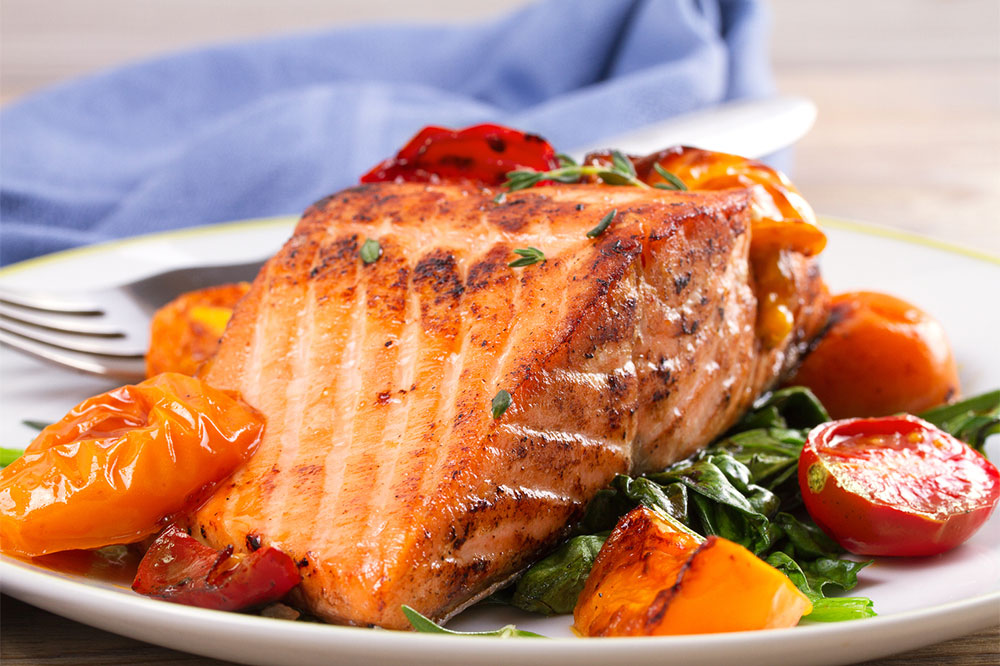Nutritional Tips to Ease Eczema Flare-Ups and Improve Skin Health
Discover effective dietary strategies to manage eczema symptoms and promote healthier skin. Incorporate omega-3 rich fish, probiotic foods, and anti-inflammatory diets to reduce flare-ups. Avoid common food triggers and discuss dietary plans with healthcare professionals to ensure personalized care. These nutrition tips support skin health and help control eczema's persistent symptoms.

Strategies for Using Nutrition to Manage Eczema Symptoms
Eczema is a long-term inflammatory skin condition that causes redness, itching, blisters, and thickened patches of skin. While it mostly affects children, people of all ages can suffer from it. Both genetics and environment influence its development. Common triggers include food allergies to dairy, eggs, soy, gluten, nuts, fish, and shellfish. Adopting an eczema-friendly diet along with proper treatment can help reduce flare-ups and support healthier skin.
Explore dietary approaches that may help ease eczema symptoms:
Omega-3-Rich Seafood
Eating fatty fish such as salmon, mackerel, sardines, herring, lake trout, and albacore tuna supplies omega-3 fatty acids that fight inflammation. These nutrients may help lessen eczema flare-ups. Supplements can be considered but should be used under medical advice.
Foods with Quercetin
Quercetin, a natural antioxidant found in apples, blueberries, cherries, broccoli, spinach, and kale, helps reduce allergic responses and inflammation by lowering histamine levels.
Probiotic-Infused Foods
Consuming probiotics can strengthen immunity and may decrease eczema outbreaks. Include items like sourdough bread, miso, kimchi, unpasteurized sauerkraut, kefir, and tempeh in your meals.
Anti-Inflammatory Diet
To combat inflammation, avoid processed foods, sugar, and additives. Emphasize fruits, vegetables, whole grains, and healthy fats like olive oil.
Mediterranean Diet
Focus on antioxidant-rich foods with minimal processed ingredients and red meats, which can worsen eczema symptoms.
Specialized and Elimination Diets
Hand eczema with blistering can be triggered by metals like nickel and cobalt. Eating low-metal foods such as peppers, oranges, kale, cauliflower, and mango may help. For those unsure of specific triggers, an elimination diet removing suspected foods for several days can identify problematic items. Gluten-free diets may benefit those with celiac disease, which often coexists with eczema.
Careful dietary management involves avoiding triggers like dairy, eggs, soy, nuts, preservatives, artificial colors, trans fats, and excess sugars, which may all worsen symptoms. Though no diet cures eczema, targeted nutrition can significantly reduce dryness, itching, and inflammation. Always consult healthcare providers before making dietary changes or starting supplements for personalized treatment strategies.


